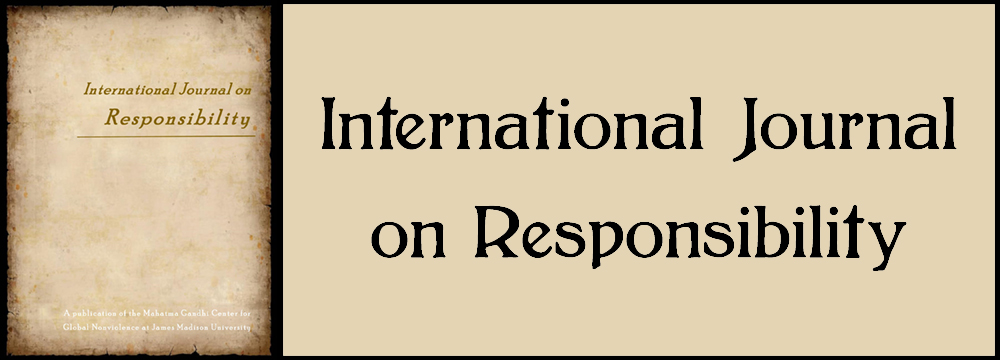
Abstract
As the pandemic began, Iran quickly faced the worst outbreak in the Middle East during the winter of 2020. Traditional schools were consequently transferred to an online education without implementing appropriate adaptations, and restrictive policies of low-speed Internet and censorship negatively affected the quality of online education. The situation became even worse for Iranian students with disabilities. The Ministry of Education designed a new application, named Shaad (means happy), which was and remains inaccessible for people with disabilities. This qualitative research study explores the educational challenges of the Iranian students with disabilities during the pandemic. The authors argue physical and attitudinal barriers that Iranian students with disabilities have been systematically grappling with, have, in fact, transformed to an online version. The authors situate the findings in the social and political contexts of the Iranian society, showing how an ableist educational system has dis-abled people with disabilities.
Recommended Citation
Hosseini Goodrich, Negin and Samiei, Abouzar
(2021)
"'Shad' Never Made Them Happy: Pandemic and a Dis-abling Educational System - Case of Iran,"
International Journal on Responsibility: Vol. 4:
Iss.
1, Article 6.
DOI: https://doi.org/10.62365/2576-0955.1053
Available at:
https://commons.lib.jmu.edu/ijr/vol4/iss1/6
DOI
10.62365/2576-0955.1053


